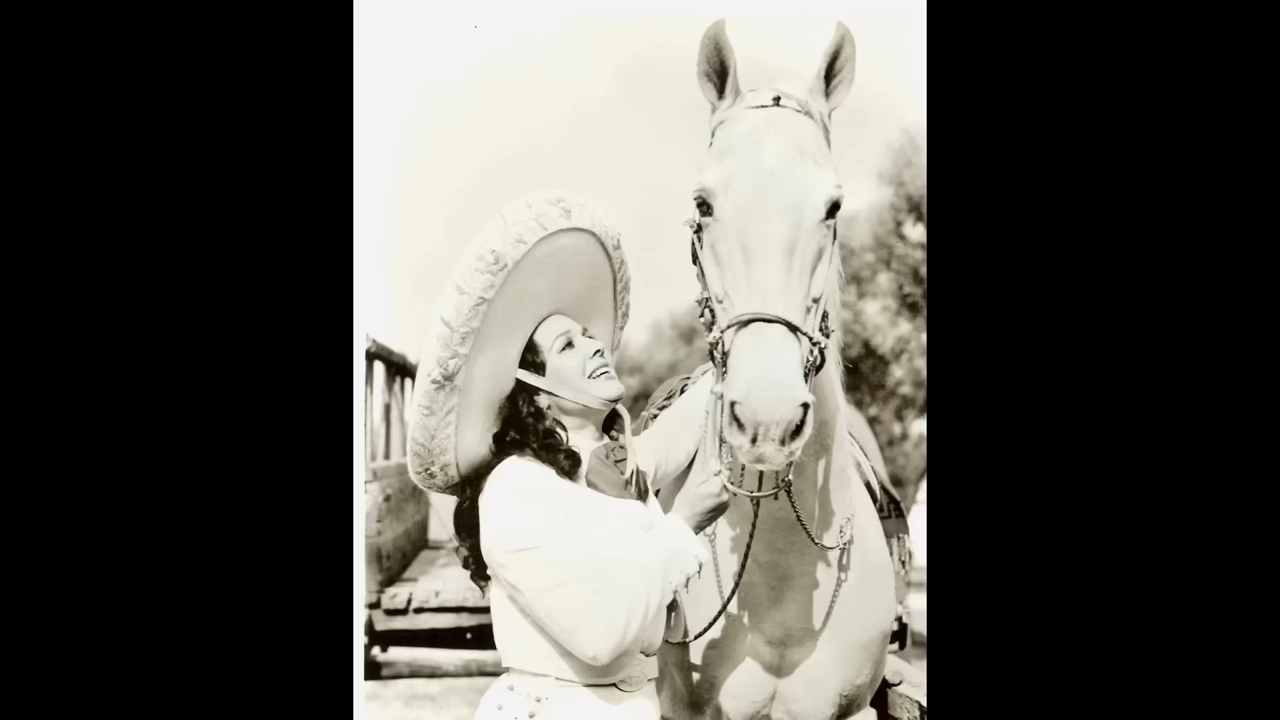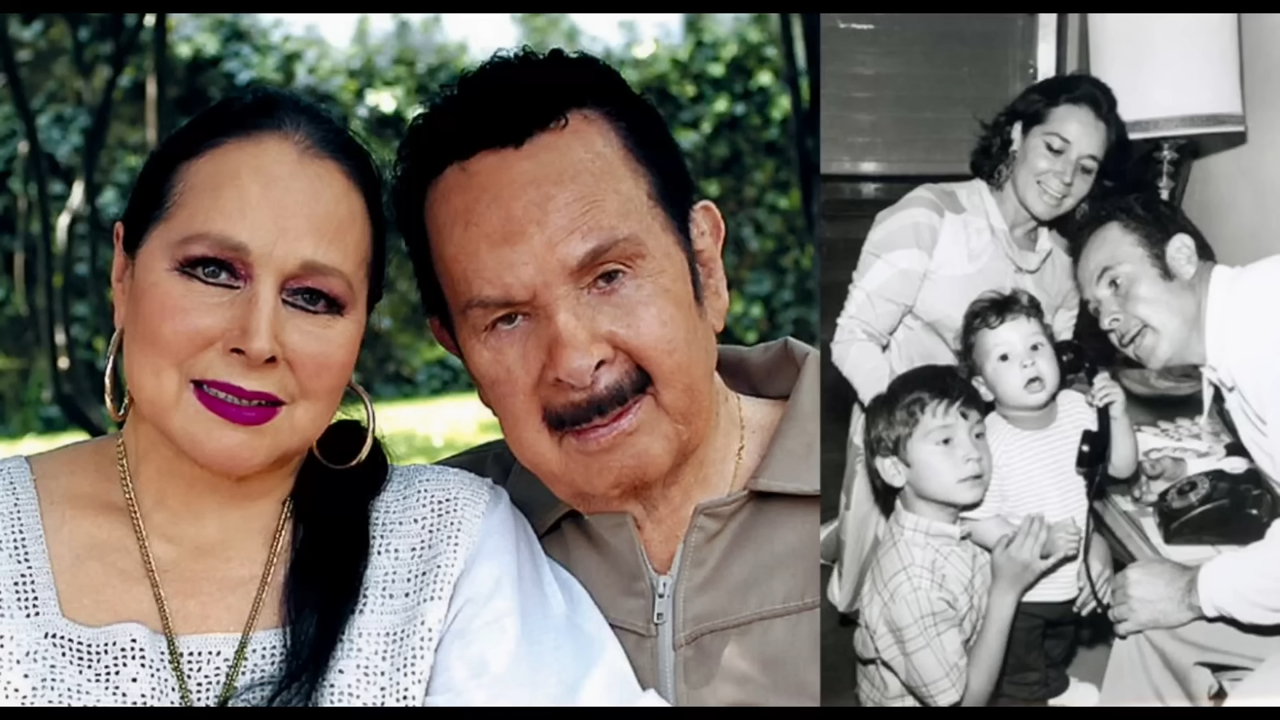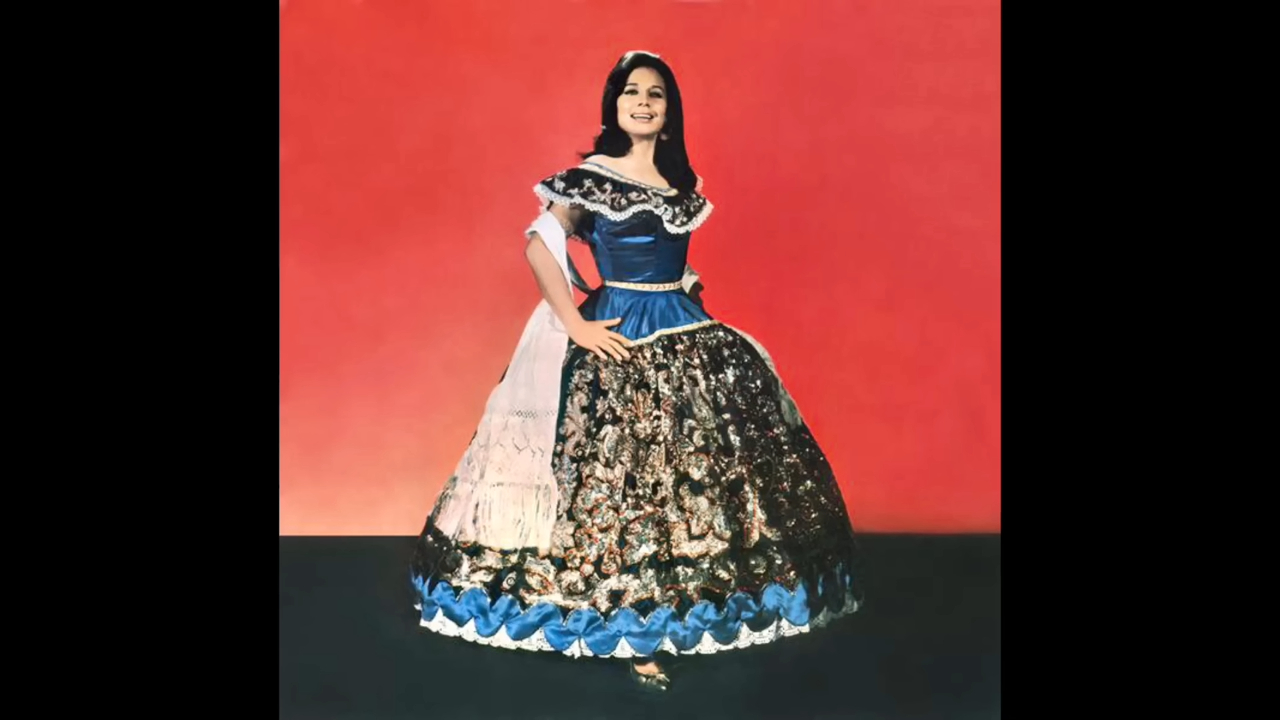
Flor Silvestre, born Guillermina Jiménez Chavarria on August 16, 1930, in Salamanca, Guanajuato, was a renowned Mexican singer and actress.
As the third of seven siblings, she grew up in a vibrant cultural environment that influenced her artistic journey.
At just 13 years old, she moved to Mexico City, where she began her career in the theater.
Her early performances at the Teatro del Pueblo marked the beginning of a remarkable trajectory in the entertainment industry.
It was during these formative years that she developed her unique style and garnered attention for her powerful voice.

One of Flor Silvestre’s first significant successes came with the song “La Soldadera,” where she portrayed a revolutionary figure.
This performance not only showcased her talent but also led to her iconic stage name, “Flor Silvestre,” given to her by radio announcer Arturo Blancas.
He remarked that she was more of a flower than a soldier, a sentiment that resonated with her persona.
Her breakthrough came after winning an amateur singing contest sponsored by the radio station XEW, which propelled her into the limelight.
Her tours across Mexico and South America solidified her reputation as a leading figure in ranchera music.

At the age of 16, Flor Silvestre welcomed her first daughter, Dalia Inés Nieto Jiménez, in Argentina.
Dalia would later become a singer and dancer, continuing the family legacy in the arts.
By the age of 20, Flor made her film debut in “Besar en la Boca,” directed by Fernando Cortez.
Her talent soon led her to co-star alongside notable actors like Joaquín Pardavé and Antonio Aguilar in the film “Primero Soy Mexicano.
” In 1953, she married Paco Malgesto, a journalist and television presenter, with whom she had two more children, Marcela and Francisco.
However, their marriage was fraught with challenges, ultimately ending due to Malgesto’s infidelity.

Following her separation from Paco Malgesto, Flor Silvestre faced a difficult period as she fought for custody of her children.
Despite the challenges, she remained dedicated to her career and her children, often seeing them in secret.
In the same year of her divorce, she signed her first recording contract with Columbia Records, releasing hits like “Llorar Amargo” and “Hoy.
” Her resilience and talent shone through as she continued to collaborate with various record labels, including RCA Victor and the independent Mexican label Musa.
In 1959, she married Antonio Aguilar, with whom she had two sons, Antonio Aguilar Jr.
and Pepe Aguilar, both of whom would also pursue careers in entertainment.

Flor Silvestre and Antonio Aguilar’s partnership was not only personal but also professional.
They collaborated on numerous projects, including films such as “La Ley de la Sierra” and “La Huella del Chacal.
” Their contributions to the music and film industries earned them significant recognition, including a mention in Cash Box magazine as one of the top ten popular Mexican groups in the United States in 1964.
The Aguilar family also made history in 1997 by performing a family equestrian show at Madison Square Garden in New York, breaking attendance records.
Their enduring relationship lasted until Antonio’s passing in June 2007, and they were honored with the Eduardo Arozamena Medal by the National Association of Actors for their contributions to Mexican cinema and music.

Throughout her illustrious career, Flor Silvestre recorded nearly 200 albums and starred in 90 films over almost five decades.
Her legacy continues to influence generations of artists in Mexico and beyond.
In 2015, she was honored with a tribute in Los Angeles, coinciding with the release of a documentary about her life titled “Su Destino Fue Querer.
” Sadly, Flor Silvestre passed away on November 25, 2020, at her ranch in Zacatecas at the age of 90.
She was laid to rest alongside her beloved husband, Antonio Aguilar, leaving behind a rich legacy in the world of music and film that will be cherished for years to come.





